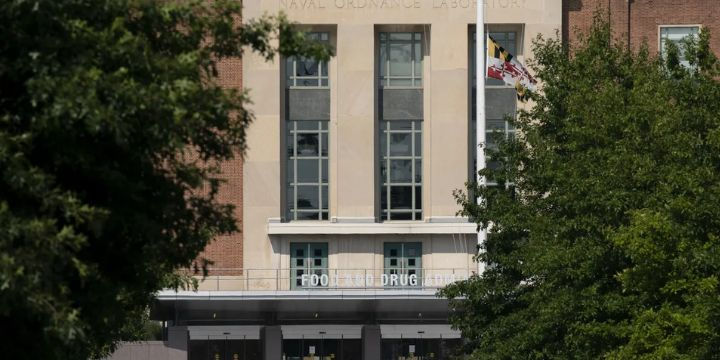FDA Drug Regulator Resignation: Conduct Inquiry Follows Claims of Toxic Environment
- hace 4 días
- 2 Min. de lectura

The recent resignation of the FDA Drug Regulator has cast a significant shadow over the agency responsible for ensuring the safety and efficacy of the nation's pharmaceutical pipeline. Reports surfacing on November 2nd and 3rd, 2025, detail a sudden departure framed by conflicting narratives: serious conduct concerns cited by federal authorities and counter-claims of a toxic environment made by the regulator himself.
The regulator's departure followed a period where he was placed on leave. According to reports, the agency cited issues related to "personal conduct" as the reason for his leave and eventual exit. The resignation itself came after federal officials began reviewing "serious conduct concerns" regarding the regulator.
This high-profile departure is not merely a personnel change; it has triggered a formal Conduct Inquiry and involves deeper legal complexities. Multiple sources confirm the existence of a federal inquiry into the regulator’s actions, alongside the mention of an ongoing lawsuit. While the investigation proceeds, the regulator has formally denied any wrongdoing related to the allegations.
The situation presents a classic institutional standoff, where official concerns about conduct are met with a strong defense challenging the organization's culture. On one side, the FDA reports cite conduct issues, suggesting concerns meriting federal review. On the other, the former regulator provided an entirely different context for his exit, claiming that he was placed on leave due to a "toxic environment" within the agency. In discussions surrounding his departure, he also reportedly made critical comments about the FDA itself.
The implications of this event extend far beyond the career of a single official. The departure of the top FDA Drug Regulator amid a federal review, and the agency's public citing of personal conduct, raises inevitable questions about oversight and integrity at a crucial government institution. Meanwhile, the counter-claim of a toxic environment opens the door to deeper scrutiny of the organizational culture within the FDA—an agency often seen as the final arbiter of health and safety standards for the U.S.
When the head of a major federal division steps down under the cloud of an inquiry, the public demands clarity. Was this resignation a necessary disciplinary action stemming from proven misconduct, or was it the fallout from an internal culture so damaging that the regulator felt compelled to leave and speak out? Until the federal inquiry concludes and the details of the lawsuit and conduct concerns become clearer, the public will be left analyzing these two opposing accounts.
The situation acts like a double-edged sword cutting at public trust: either the person overseeing drug safety was compromised by conduct issues, or the agency tasked with protecting the nation's health is suffering from a crippling internal toxic environment.







